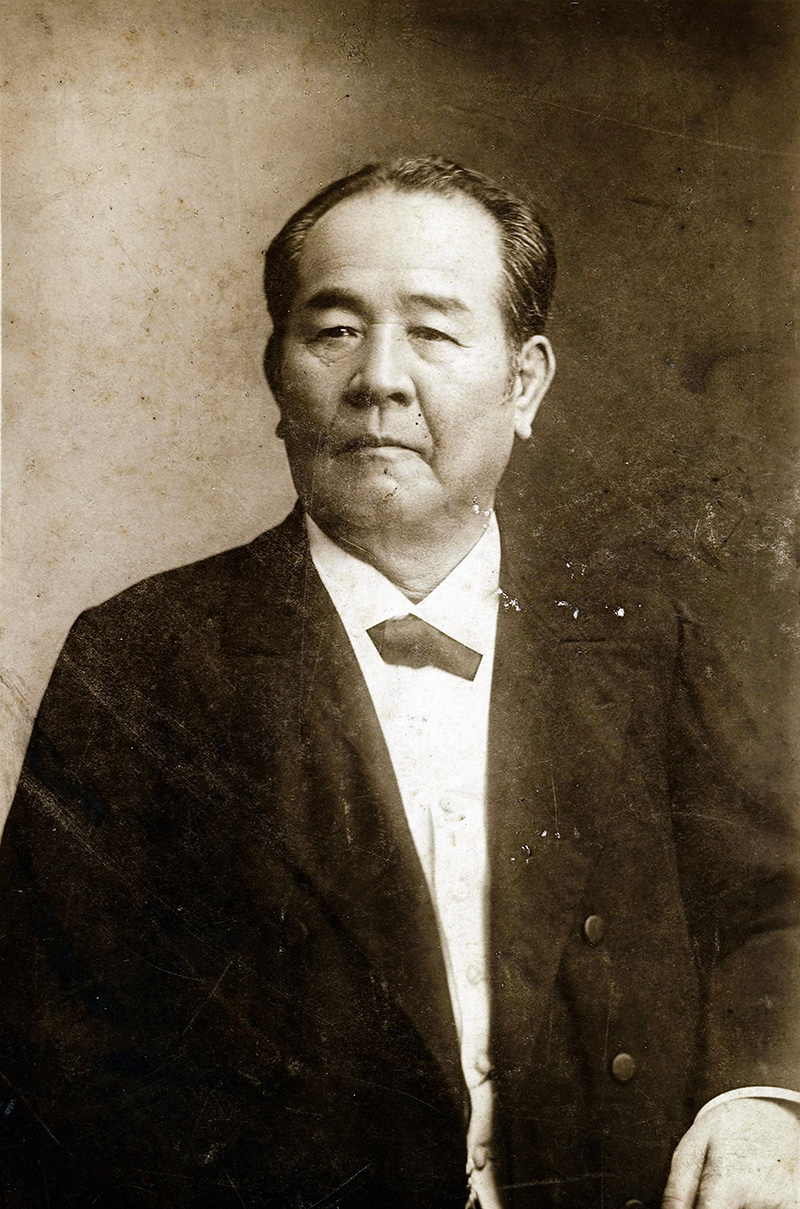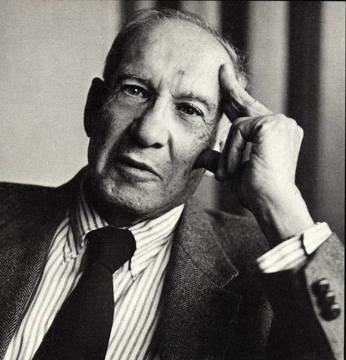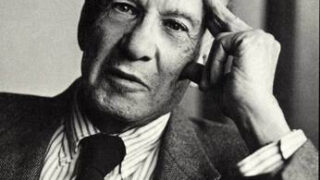Reality Test of Business Assumptions (事業の定義と時代の変化)
Assumptions about environment, mission,
and core competencies must fit reality.
The assumptions about environment, mission, and core competencies must fit reality. When four penniless young men from Manchester, England – Simon Marks and his three brothers-in-law – decided in the early 1920s that a humdrum penny bazaar should become an agent of social change, World War I had profoundly shaken their country’s class structure. It had also created masses of new buyers for good-quality, stylish, and inexpensive merchandise such as lingerie, blouses, and stockings – Marks and Spencer’s first successful product categories. Marks and Spencer then systematically set to work developing brand-new and unheard-of core competencies. Until then, the core competency of a merchant was the ability to buy well. Marks and Spencer decided that it was the merchant, rather than the manufacturer, who knew the customer. Therefore, the merchant, not the manufacturer, should design the products, develop them, and find producers to make the goods to his design, specifications, and costs. This new definition of a merchant took five to eight years to develop and make acceptable to traditional suppliers, who had always seen themselves as “manufacturers,” not “subcontractors.”
ACTION POINT: What new assumptions about its environment, mission, and core competencies were made by Marks and Spencer?
Managing in a Time of Great Change
経営環境、使命、中核的能力のそれぞれが
現実に適合しなければならない。
事業の定義においては、経営環境、使命、中核的能力のそれぞれが、現実に適合しなければならない。
一九二〇年代のはじめ、まさにイギリスしゃかいの階級構造が揺さぶれつつあったとき、マンチェスター出身のサイモン・マークスと三人の義理の兄弟たちが、彼らの安売り店マークス・アンド・スペンサーを社会変革の担い手にすべく一歩を踏み出した。高品質でありながら高価でないランジェリー、ブラウス、ストッキングなどの商品を購入する新たな消費者が、当時、大量に生まれていた。
続いて同社は、前例のない中核的能力を手に入れるべく、次の一歩を踏み出した。それまで小売業にとって、中核的能力とは買いつけ能力だった。しかし同社は、顧客を知っているのはメーカーではなく自分たち小売であるとした。自ら商品の設計と開発を行ない、設計、仕様、コストに合う商品がつくれるメーカーを探した。
小売の下請けになることなど夢にも思っていなかったメーカーに対し、この新しい自分たちの事業の定義を受け入れてもらうには五年から八年を要した。
(『未来への決断』)
According to Mr. Shibusawa, “What I remembered in my childhood brain is something that does not disappear even in old age and remains clearly. Therefore, boyhood habits are the most important.”
渋沢さん曰く、「少年時代の頭脳で記憶したことは、老後に至っても消えずに明確に残っているものである。だから、少年時代の習慣は最も大切である。」


